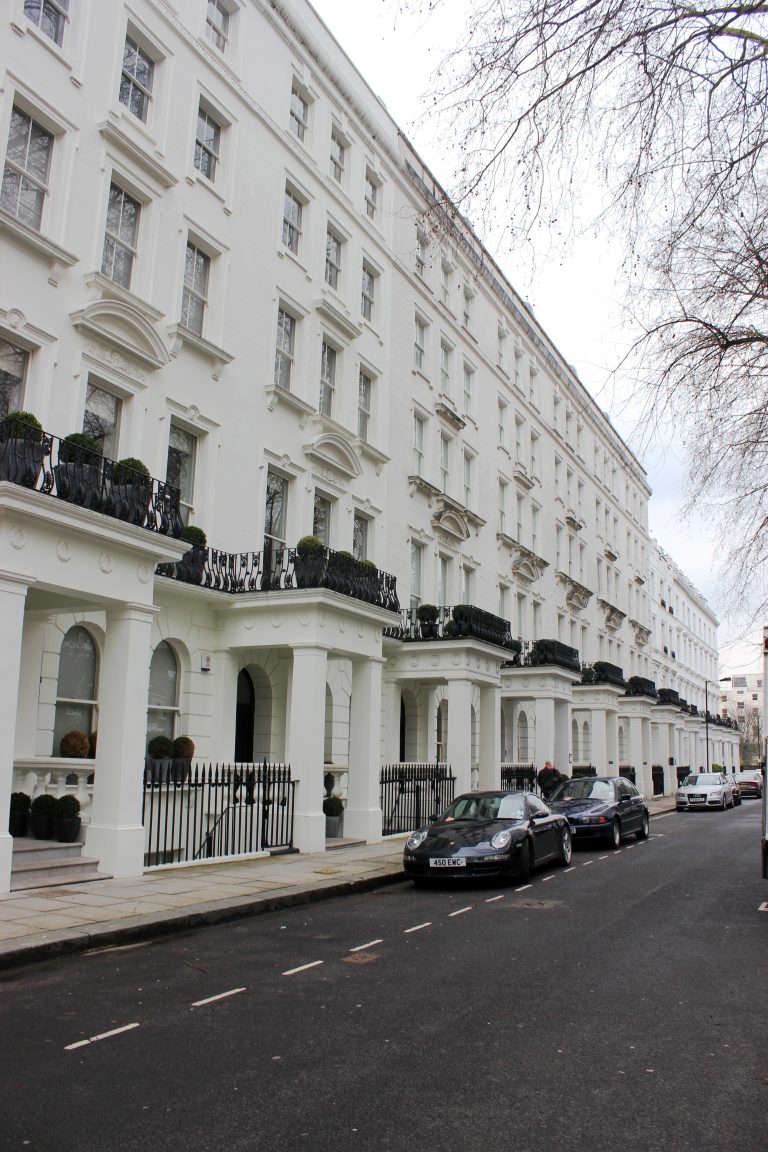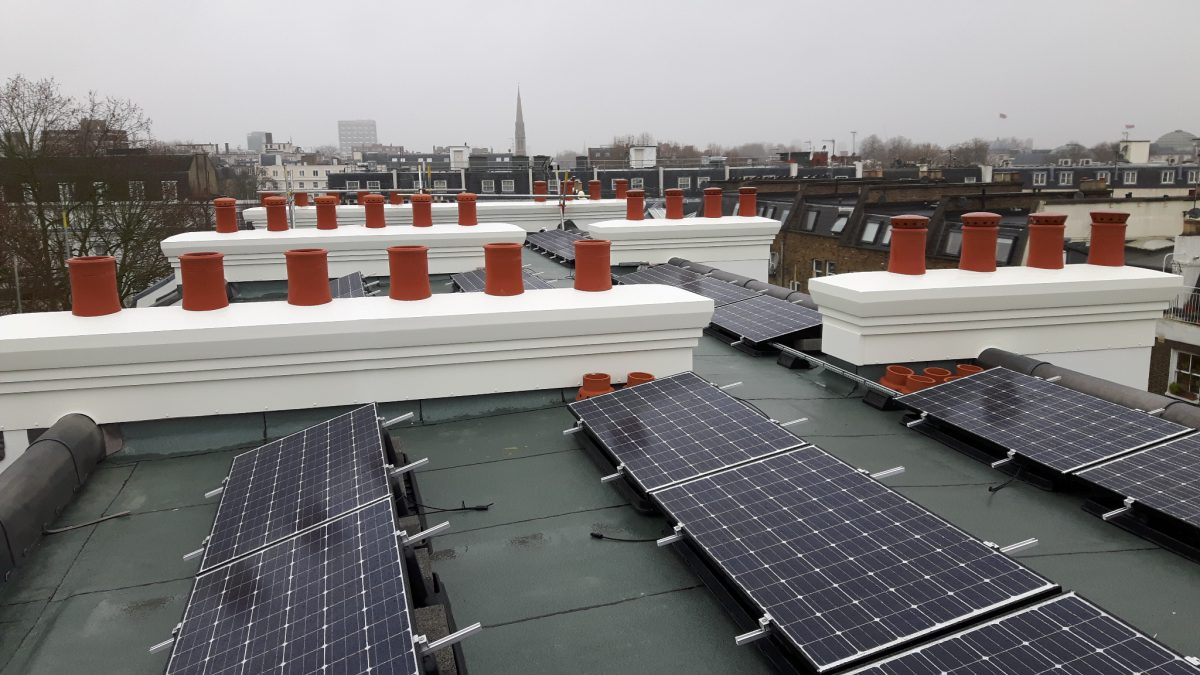Efficient and modern apartments in Hyde Park rated BREEAM Excellent
Overview
The 31-35 Craven Hill Gardens development achieved a BREEAM rating of Excellent. It is located to the north of Hyde Park, within the Bayswater Conservation Area in central London. It has been redeveloped into a modern apartment complex with many energy and water saving features, with no compromise on comfort or aesthetics.
About
The Bouygues Construction group is a global player in construction. It develops, designs, builds and operates projects in the sectors of building, infrastructure and industry.
Background
This development has demonstrated that high-quality design and commitment from all stakeholders, can transform a 19th Century historic building into an efficient, functional, modern building, without compromising the architectural aesthetics of the surrounding area.
31-35 Craven Hill Gardens is located to the north of Hyde Park, within the Bayswater Conservation Area in central London. The building is of late 19th Century origin and comprises five stucco-fronted townhouses with seven floor levels including the basement and mansard roof.
The development involved the transformation of the existing buildings, previously used as a hotel, into a residential complex with 18 apartments in a mix of unit sizes, ranging from studio flats to four-bedroom dwellings.

Solutions
The client prioritised the building’s environmental performance, as well as the comfort of future residents. Waste and pollution were minimised during construction. Now complete, the development enjoys a wide range of innovative solutions to maximise efficiency.
Energy efficiency
Energy efficiency measures were incorporated into the design, along with high-quality construction standards, better U-values for windows, a communal combined heat and power (CHP) engine (with backup communal gas boiler) and photovoltaic panels. The design optimises the use of natural systems by allowing passive solar gain and maximising the use of natural ventilation, to minimise the resource use and enhance the comfort of the users over the lifetime of the development.
External walls were improved with a layer of internal high thermal performance insulation and the existing windows replaced with improved high-performance double glazing. These achieved a Building Regulations compliant standard and improved the overall efficiency of the development.
These measures have resulted in a 77.9% reduction over the pre-refurbished building emissions. The development has achieved a reduction of 111.5 tonnes CO2/ year when compared to performance of the existing building fabric and services efficiency.
Home comforts
The comfort of prospective occupants was extremely important for this project. The client carefully considered the comfort of the rooms and specified quality fittings, and inert or low VOC emission finishes, construction materials, carpets and furnishes. High quality sound insulation, in line with Hea 02 requirements, contributed to the indoor comfort of the occupants by reducing the likeliness of nuisance due to noise pollution.
Considerate Constructors
The site met Considerate Constructors Scheme standards beyond compliance, achieving a score of 43/50. This considered risk to air quality, noise or nuisance to the neighbours and followed best practices with respect to nuisance to neighbours and local fauna in line with Man 03 requirements.
Waste diverted from landfill
A pre-demolition audit in line with best practice standards was undertaken to determine methods for the refurbishment and reuse of demolition material, and ensure waste was diverted from landfill. This resulted in just 9.3m3/100k of construction waste being generated, and 99.6% of demolition waste being diverted from landfill.
Although some demolition of the existing building was required, the extent of the demolition was limited to those parts of the building that prevented the optimal design of the dwellings. The façade was retained in order to maintain the heritage value of the site, which also helped to reduce demolition waste.
Reduced water consumption
Water consumption has been considerably reduced. The residential units were fitted with water efficient fixtures and flow control fittings throughout, in line with the BREEAM requirements.
Responsibly sourced materials
The development achieved 100% of credits for Mat 02 Responsible Sourcing of Materials. This meant careful planning and selection of construction materials to ensure all manufacturers held a high level of responsible sourcing certification. 100% of the timber used in this development was FSC certified and legally harvested.

